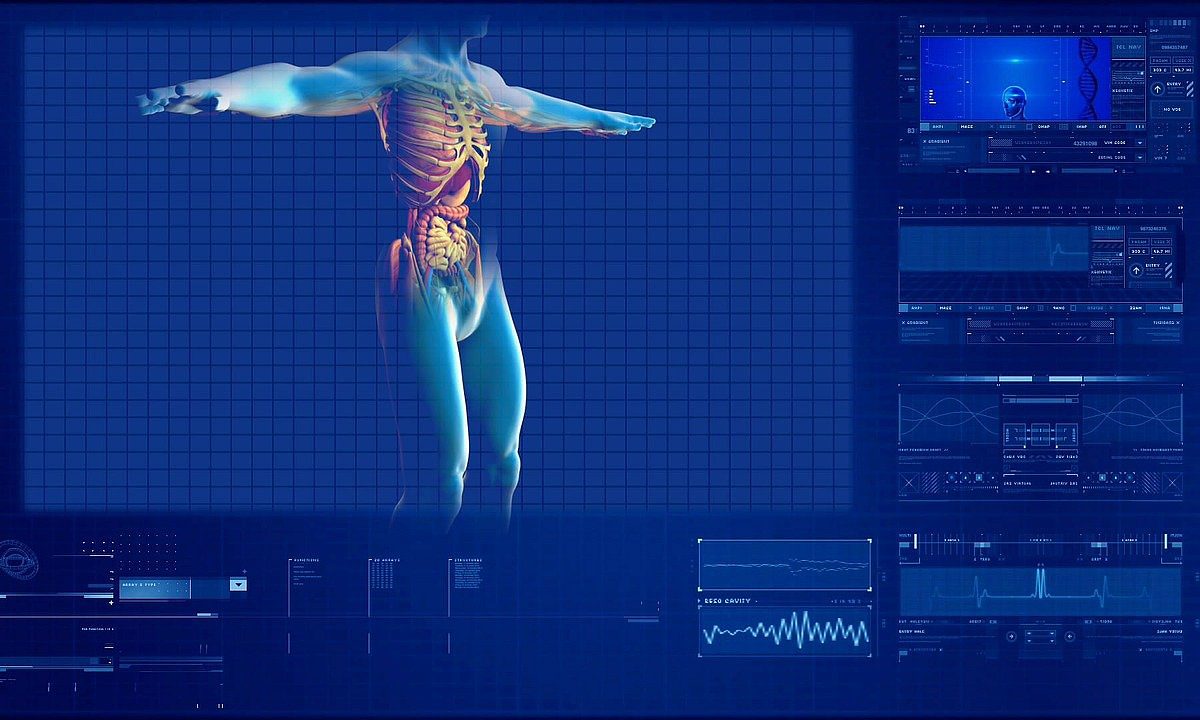By Ahmed El-Medany
Weekly subcutaneous injections of efpeglenatide, a novel exendin-based GLP1-RA, have been shown to reduce the risk of major adverse cardiovascular events (MACE) by and chronic kidney disease progression by, compared with placebo, for high-risk adults with type 2 diabetes.
In a randomised, placebo-controlled trial by Gerstein et al (2021), a total of 4,076 participants were enrolled, and randomly assigned in a 1:1:1 ratio to receive weekly injections of efpeglanatide at 4mg, 6mg, or placebo. During a median follow-up of 1.81 years, an incident MACE occurred in 189 participants (7.0%) assigned to receive efpeglanatide vs. 125 participants (9.2%) assigned to receive placebo (hazard ratio, 0.73; 95% confidence interval [CI], 0.58 to 0.92). A decrease in kidney function, or macroalbuminuria, occurred in 353 participants (13.0%) assigned to receive efpeglenatide and in 250 participants (18.4%) assigned to receive placebo (hazard ratio, 0.68; 95% CI, 0.57 to 0.79).
Importantly, the benefits of efpeglanatide were seen in type 2 diabetics, regardless of concomitant SGLT2 inhibitor use. Data from the trial were presented at the American Diabetes Association Scientific Sessions: ‘We know SGLT2 inhibitors are cardioprotective and GLP-1 receptor agonists are cardioprotective,’ Gerstein announced at the virtual meeting. ‘No trial has ever looked at the effects of both taken together. We were pleased to see there were no differences whatsoever with or without concomitant SGLT2 inhibitor use. It is reassuring, and it shows that we can use these drugs together from a CV perspective and the benefits would likely be additive.’
More here:
Cardiovascular and Renal Outcomes with Efpeglenatide in Type 2 Diabetes | NEJM
Sources:
Gerstein HC, et al. Cardiovascular and renal outcomes with efpeglenatide in type 2 diabetes. Presented at: American Diabetes Association Scientific Sessions; June 25-29, 2021 (virtual meeting).

